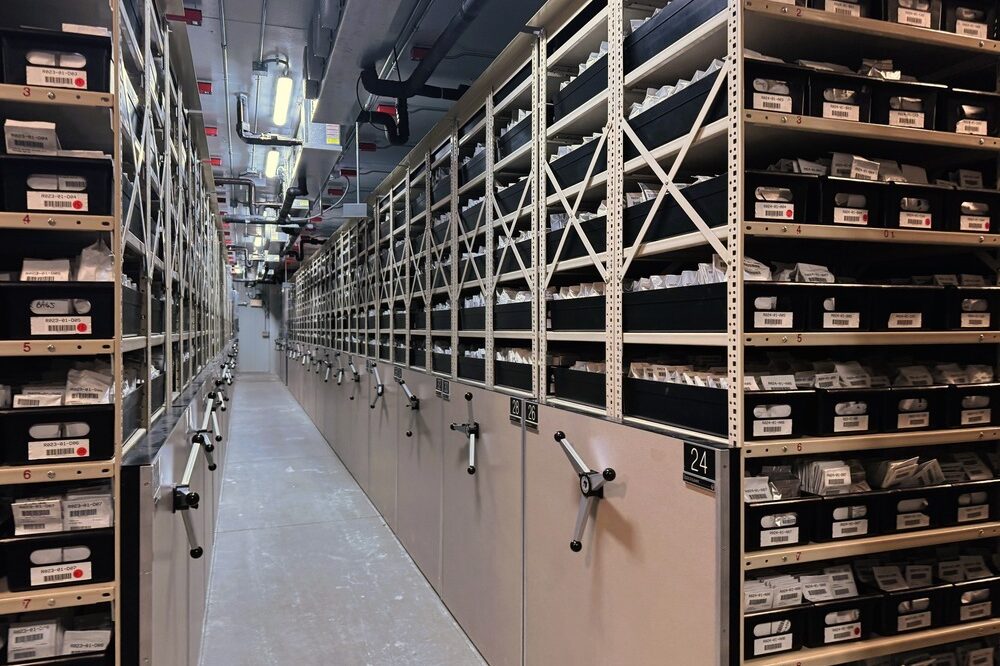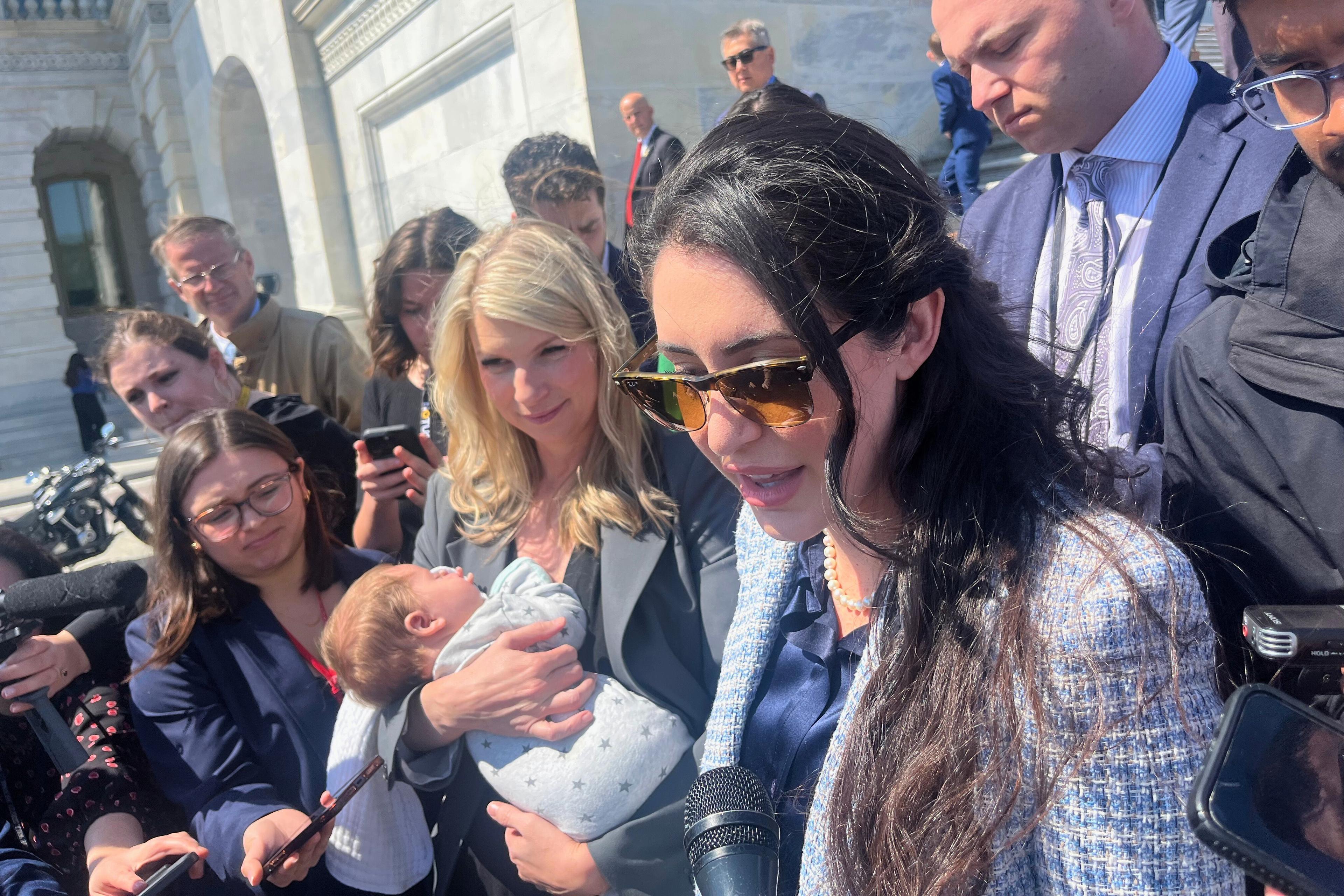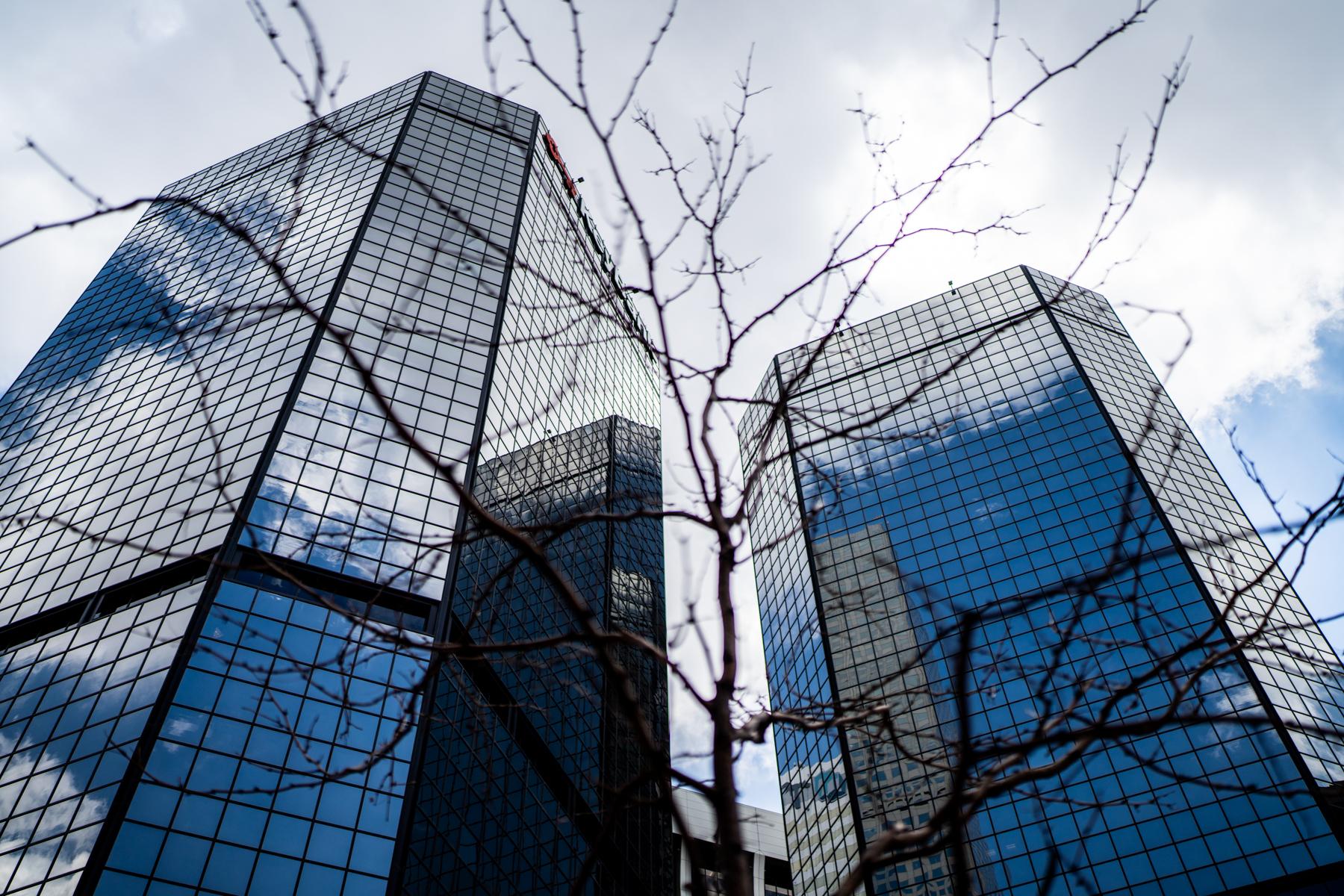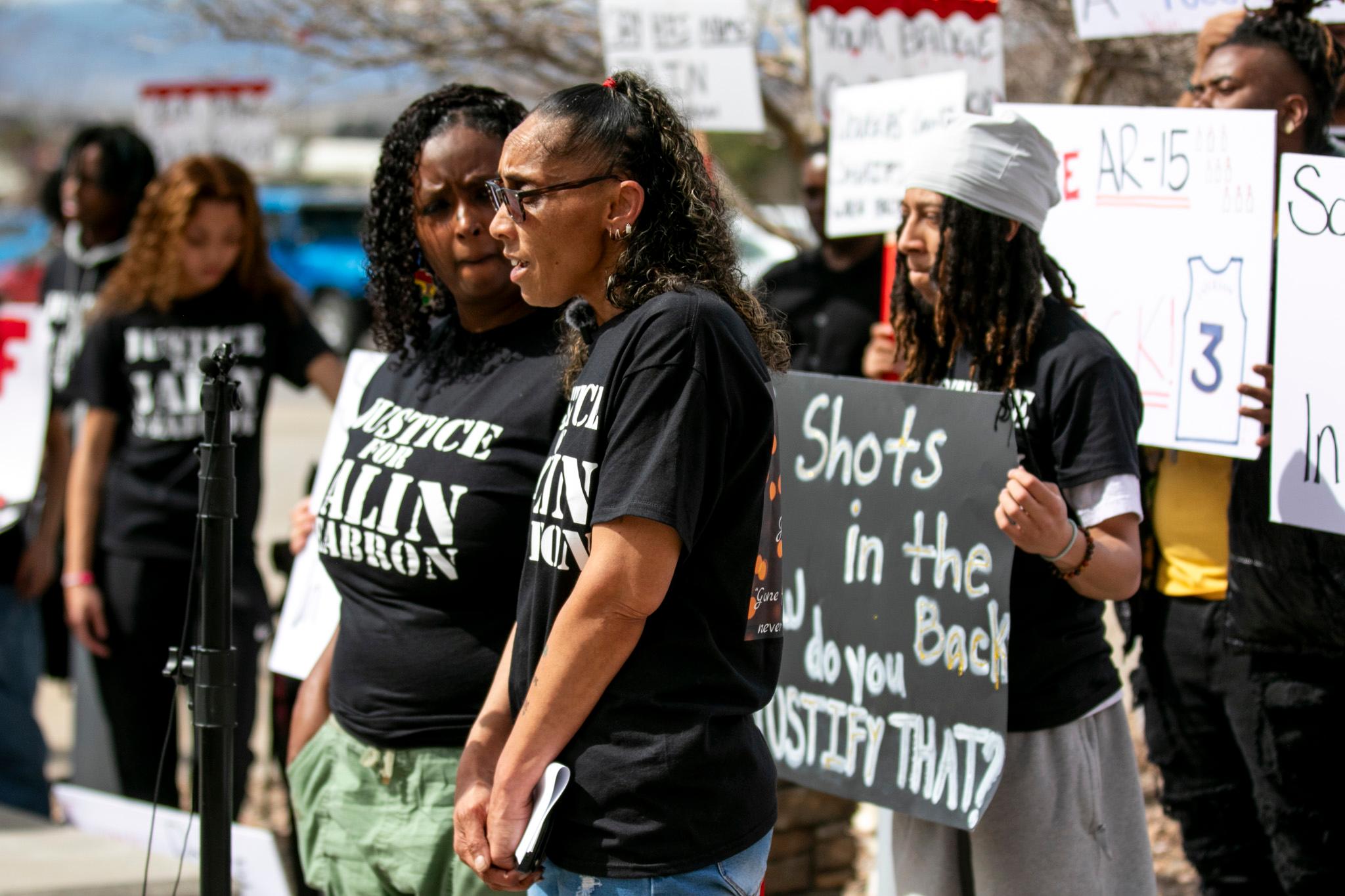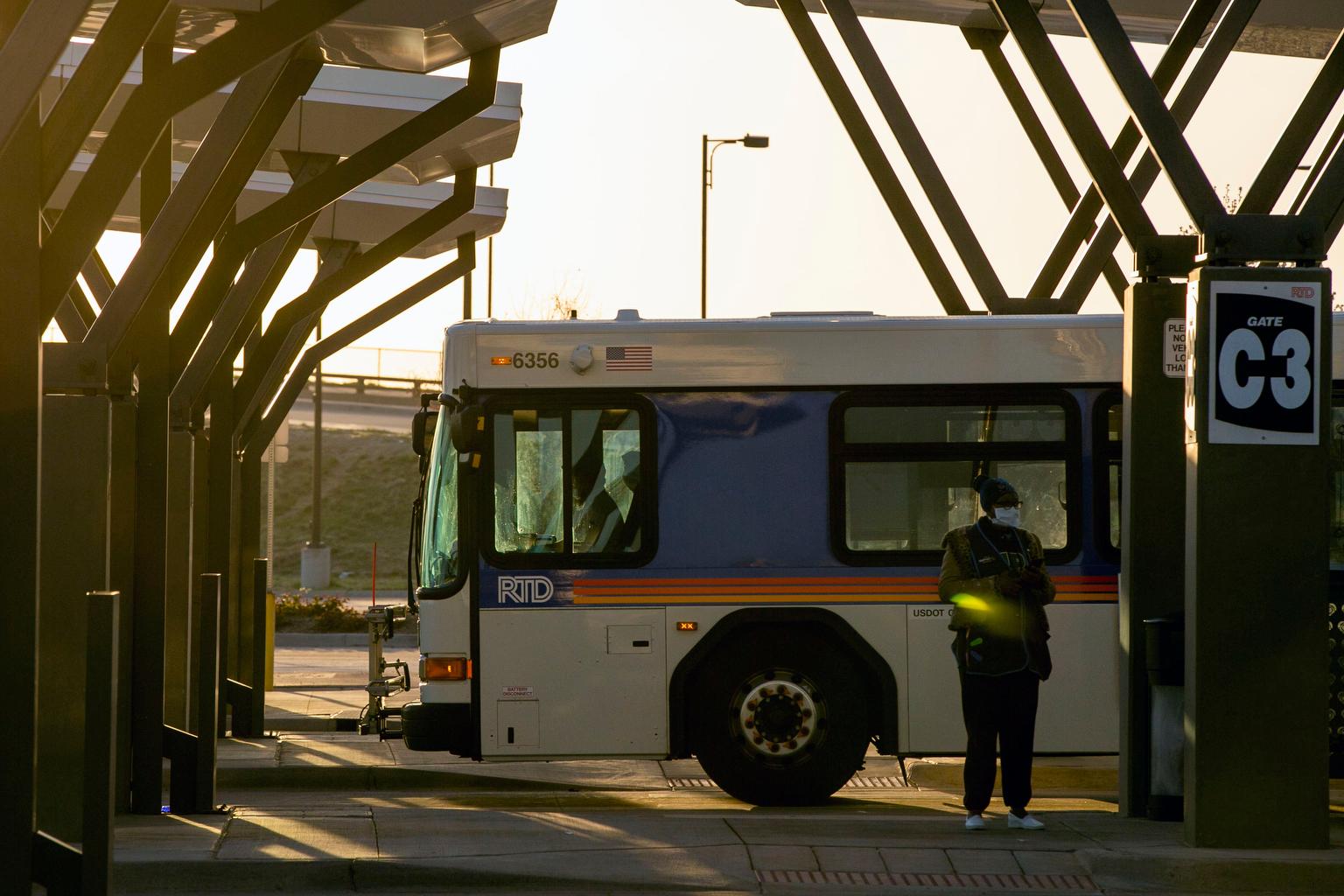
When Paul Ballard took over as the Regional Transportation District’s interim CEO and general manager back in late February, the agency was in the midst of a system-wide overhaul, a crippling driver shortage that led to service cuts and strained staff, one commuter rail line delayed by a few years, and another by three decades.
Then the coronavirus hit.
“I’ve managed through a couple of earlier viruses,” Ballard, a seasoned industry veteran, said in an interview. “But nothing like this.”
Ridership on RTD’s buses and trains has fallen 70 percent since March, as much of Colorado shut down. RTD responded to the initial crisis by slashing service by 40 percent and instituting a variety of measures meant to promote social distancing. A $232 million shot of federal money helped stave off an immediate fiscal crisis.
Now, as the Denver area continues to slowly reopen, Ballard and the agency he leads will have to chart a sustainable path, with questions about its finances and how many riders it will have still unanswered.
Even before the pandemic, RTD was in the midst of a massive rethinking.
Fears of the disease, reduced service and rapidly changing work habits drove riders away from transit over the past three months. RTD’s future rests on how many of them decide to return. The years-long “Reimagine RTD” process was intended to chart a new path for the agency, including a new system-wide overhaul meant to stabilize its finances. But much of the data used to inform potential service scenarios is now woefully obsolete.
"It would be very good, given the intensity of the COVID-19 experience for us, to reimagine Reimagine,” board member Judy Lubow said in a meeting last week. “Because, it seems to me, the world has been kind of turned upside-down."
Some early national research has looked at how traffic could change across the country if transit riders switch to driving in large numbers. Researchers at Cornell and Vanderbilt universities calculated that commutes in San Francisco could grow by 20 to 80 minutes per day (though, the researchers admit that they didn’t consider mitigating factors like high unemployment and teleworking).
In the Denver metro, the effect could be more uneven. Less than 5 percent of commuters in the metro area use transit, according to U.S. Census data. So even if all of them switched to driving, the effect wouldn’t be noticeable in some areas.
But in transit-reliant areas like downtown Denver, nearly half of commuters use transit.
“If all of those people swarmed back to work tomorrow and didn’t take transit, we’d have a mess on our hands,” said Ron Papsdorf, transportation planning and operations director for the Denver Regional Council of Governments, a planning organization. He was not involved in the research.
Downtown Denver doesn’t have enough parking spaces to accommodate thousands of more cars if people decide to drive in, Papsdorf noted. The parking that does exist is expensive. The roads that feed downtown would become even more congested.
Those factors could push some commuters back to transit eventually. But Papsdorf said he’s especially interested in watching whether the share of telecommuters increases in a significant way. If that does happen, he said, it could have ripple effects beyond downtown’s white-collar economy.
“What does that mean for service businesses and restaurant businesses? Do they start to gravitate more into the neighborhoods where people live?” he asked.
RTD could have to rethink wide swaths of its transit maps if that happened, as much of it is designed around moving commuters into and out of urban cores.
Ballard said the agency is trying to use more recent data in the Reimagine process. He thinks coronavirus disruption could be significant enough to affect the agency’s long-term trajectory, “solely because we don't know where the ridership is going to come back,” he said.
Riders say much of that will depend on how safe riding public transit seems.
“I need to know that the bus has been sanitized at the end of every run.”
“Everyone needs to wear a mask.”
“I want to make sure that there is still social distancing.”
Those were some of the responses to RTD’s recent survey of its riders. Just 18 percent said they thought riding RTD was safe. Two-thirds of respondents said they’ll wait to see what happens with the coronavirus before getting back on board.
That was after RTD had already taken steps to promote safety. Back in early April, RTD stopped collecting fares and allowed passengers to board buses from the rear door. That was meant to cut down on interactions between passengers and drivers, following complaints from the drivers’ union.
But fare revenue makes up a crucial part of RTD’s income, along with a 1 percent sales tax, and it can’t afford to go without for much longer. The agency aims to start collecting fares and return to front-door boarding by July 1, Ballard said.
RTD now also has enough masks for all of its front-line employees, Ballard said, as do RTD’s contractors. Initially, the agency had large orders fall through. One that seemed successful at first resulted in RTD receiving thousands of fraudulent KN-95 masks that the agency says it is not paying for. Drivers even had to rely on more than 1,600 cloth masks hand-made by board member Natalie Menten and other volunteers.
By July 1, Ballard said, RTD hopes to have enough masks on hand that it can give them away to passengers, along with other protections like sanitizing wipes. Clear polycarbonate shields will also be added to buses to protect drivers.
“I have a feeling that’s something we're going to see from now on,” he said.
RTD is also limiting capacity to give passengers space. On popular lines like the 15 on Colfax Avenue, where social distancing was difficult or impossible, Ballard said buses will run more frequently starting this week to help give people more space.
Drivers urgently need such measures, said Yvette Trujillo, a former RTD bus driver and current Denver-based international vice president for the Amalgamated Transit Union.
"I'm talking to operators every day who are sending me pictures and videos of buses with standing-room-only, and fluids all over,’" she said at a recent online town hall for drivers.
Between RTD and its bus contractors, 16 drivers tested positive for COVID-19. Most have recovered, an RTD spokeswoman wrote in an email. One, a paratransit driver for contractor Transdev, has died.
RTD’s short-term budget issues are now full-blown problems.
RTD was in a financially sensitive situation before the coronavirus. Its services have grown by 20 percent since 2012, not in small part because of five new train lines that opened between 2013 and 2019. A sixth is set to open this September. But those increases were funded in part with debt — RTD is set to pay $258 million to pay down debt and interest in 2020 alone.
“We have an incredible system right now. But it came as an expense,” RTD CFO Heather McKillop told the board late last year. “And it will come at a long-term expense to pay that off.”
Those obligations are part of why RTD already had to make a $40 million cut to its 2020 budget when revenue increases weren’t quite as large as the agency had estimated.
Now, RTD expects to lose about a quarter-billion dollars in revenue in 2020 and another $220 million in 2021, McKillop told the board last week. RTD’s revenues most likely won’t return to 2019 levels until 2026, the University of Colorado Leeds School of Business forecasted.
The agency is now hunting for savings by delaying projects, freezing administrative hiring, and planning for at least nine furlough days for all workers. It’s not clear whether that will apply to drivers; the drivers’ collective bargaining agreement doesn’t allow for temporary furloughs. Still, McKillop said RTD will try to avoid any permanent layoffs to drivers, considering its problems with hiring and retention.
In a letter to the board of directors, ATU-1001 president Lance Longenbohn wrote that there is “no possible way to change our contract language and disenfranchise our members.” Cutting drivers should be the agency’s last resort, he said.
“RTD is fiddling and Rome is burning,” Longenbohn said in an interview.
He suggested RTD look to “management bloat” and non-essential projects for cost savings.
Board member Shontel Lewis, who has unsuccessfully pushed for RTD to give its drivers bonus pay during the pandemic, said the mere possibility of furloughs is disappointing.
“It actually makes me quite emotional to think that we'd have operators work six days a week for years and now we're talking about furloughing folks,” she said.
RTD’s $232 million in federal CARES act funding prevented worse cuts and has delayed others. But that lifeline carries its own complications. RTD must bill the federal government and wait for reimbursement. And in a May 5 letter, Gov. Jared Polis pointed to that influx of funds when he asked RTD to cooperate with his office and the legislature to establish an independent oversight body.
“To further build confidence and trust in our public institution, we must ensure that we are transparent and accountable to our constituents,” Polis wrote.
State Sen. Faith Winter, chair of the Senate Transportation and Energy Committee, said she and Rep. Matt Gray will soon introduce a bill that would establish an accountability committee that would look over RTD’s finances, its workforce issues, and how it serves disabled and low-income riders.
“We still think accountability is exceptionally important for RTD,” Winter said in an interview.
Before the pandemic, Republican Sen. Jack Tate of Centennial had put forward a more sprawling bill with bi-partisan sponsorship to increase oversight of the transit agency. In its most recent form, it would have forced the RTD board to vote on all paratransit service changes, allowed paratransit riders to also access RTD’s low-income discount, and forced RTD to post its check register online.
That bill was postponed indefinitely Tuesday, effectively killing it. Democratic leadership said last week they didn’t think it was a priority in light of the pandemic, said Tate.
“Of course I disagree,” Tate wrote in an email. “My sense is that protecting our civil liberties, ensuring transparency in government, and providing essential transit services is even more important in times of crisis like we have with this pandemic. COVID-19 has a disproportionate impact on low-income Coloradans and Coloradans with disabilities - two major constituent groups of RTD's services.”
Tate said he only learned of Winter’s bill when a reporter asked him to comment on it.
“I was stunned to learn that a replacement bill had been drafted in secret,” Tate wrote.
RTD’s leaders say they look forward to a “constructive and open dialogue” with lawmakers. In a response to Polis, Ballard and RTD’s Board Chair Angie Rivera-Malpiede proposed a committee of community individuals with relevant experience, legislators and RTD board members.
“We believe we can create an independent committee that will give you and the legislature the oversight you want without legislation, to save time and effort in a difficult legislative session,” they wrote. “Either way, we will continue to work collaboratively with leadership to develop a process that moves the agency forward.”

